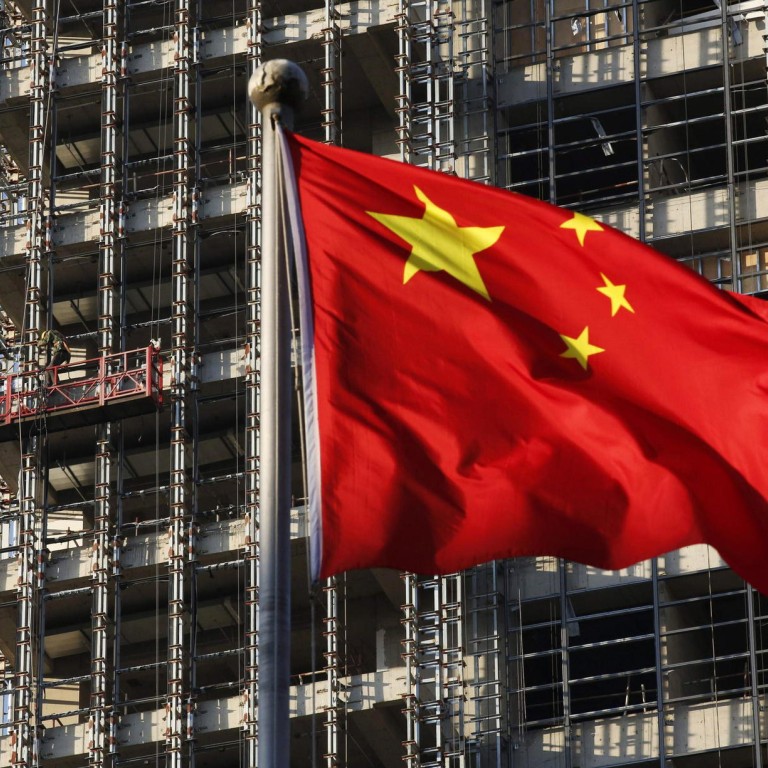
Private capital to continue to play a big role this year
With share values not attractive and returns for property owners falling, private market is likely to remain key source of financing
The private real estate capital markets experienced stronger momentum than their public counterparts last year, owing to the limited windows of opportunity for equity issuance and relatively low pricing offered by the public markets.
The trend is expected to continue this year, with the private real estate capital markets expected to maintain strong growth, logistics players to outperform and large, well-pedigreed fund managers to improve performance.
Last year, public stock traded at relatively unattractive pricing compared to historical forward price-to-earnings (P/E) ratios. This made issuing new stock expensive for developers.
In contrast to this booming demand, supply remains extremely limited
Small and medium-sized small developers, which trade at discounts to their larger peers, have been especially cautious about issuing relatively expensive equity.
Meanwhile, record capital inflows have pushed up real estate prices, reducing the return investors can expect from direct ownership of property. This has pushed private real estate investors up the risk curve into the private capital markets in search of sufficient investment returns.
In the fourth quarter alone, real estate investment activity in China surged to a record US$8.5 billion. For the full year, volumes were also the highest on record, at US$25.1 billion, up 71 per cent from 2012.
The decline in yields in recent years triggered by these inflows is demonstrated by the tight office market in Shanghai. According to estimates from Jones Lang LaSalle, yields fell from 6 per cent per year in 2012 to 5.9 per cent by the end of last year.
Investors have also favoured the private markets, particularly joint ventures, as private transactions offer more customised terms as well as more direct access to assets in comparison with the public markets.
One example of such a joint venture last year was China Xintiandi, a subsidiary of Shui On Land, obtaining a US$500 million investment from Brookfield for an effective 22 per cent stake.
Unlisted Chinese mall owner SZITIC Commercial Property attracted an aggregate US$460 million investment from Blackstone and ICBC International for a 46 per cent stake.
Private capital markets are expected to maintain strong momentum and prove a key financing channel this year. Developers and companies that understand how to properly market themselves to the private investor community will benefit from these trends.

Logistics emerged last year as the second most popular real estate asset class for investment in China, according to a survey by the Asian Association for Investors in Non-listed Real Estate Vehicles.
Investors favour logistics because it is viewed as a means of tapping the booming growth of retail sales in China, which have grown at double-digit percentage levels year on year since 2005, according to research firm Global Insight. The growth in e-commerce in China is further driving sales growth expectations.
In contrast to this booming demand, supply remains extremely limited. According to leading developer Global Logistics Properties, the supply of logistics space per person in the US is 14 times that in China.
GLP notes that modern logistics facilities in China account for only 15-20 per cent of its total supply of 550 million square metres. These statistics illustrate the country's need to expand its modern logistics space.
New supply of logistics space is constrained owing to the difficulties developers face in sourcing appropriate land, with local governments preferring to sell land zoned for residential or mixed-use developments. These sell at higher prices and generate superior tax revenues, gross domestic product growth and employment on an ongoing basis.
Companies that are able to source land for logistics use are well placed to work with investors to take advantage of opportunities arising this year.
Last year, private capital markets were the medium of choice for several logistics deals. This was seen in Carlyle and Townsend's US$400 million strategic partnership with China logistics developer Shanghai Yupei. Another example was the decision of the Canada Pension Plan Investment Board to commit an additional US$400 million to its logistics partnership with Goodman, bringing the total partnership size to US$1.5 billion.
Real estate fund managers faced a more difficult landscape last year. Investors tended to act cautiously with regard to real estate investment funds, preferring instead to invest directly in assets or joint ventures, or buy units in "mega-funds".
While these trends are expected to continue this year, improved investor risk appetite is likely to drive more capital to private real estate funds.
Towards the end of last year, we saw local Hong Kong heavyweights Gaw Capital and Phoenix Property Investors raise roughly US$1 billion and US$750 million, respectively, showing that capital is available to large local managers with strong track records.

